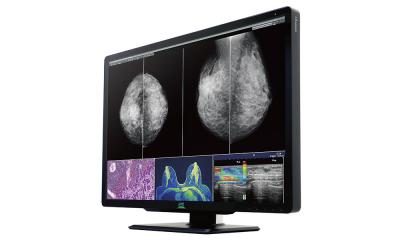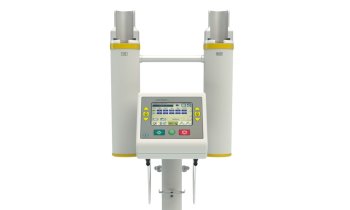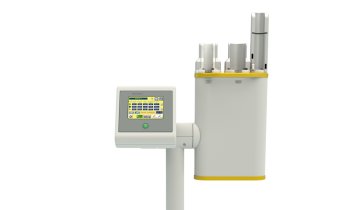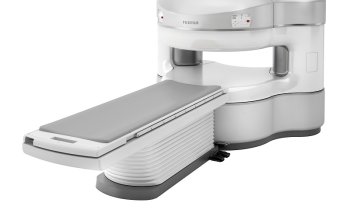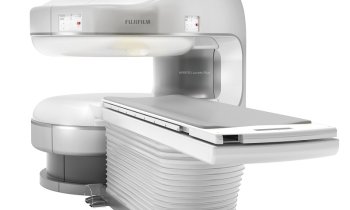New possibilities to speed up breast cancer treatment
An intraoperative MRI system being developed by UK firm Specialty Magnetics could speed the treatment of breast-cancer patients. The company is working on a dedicated intraoperative MR breast scanner that will enable doctors to carry out image-guided treatments as soon as disease is detected and diagnosed.

With a conventional MRI system, patients have to be removed from the scanner and the imaging results analysed before any surgical treatment can be conducted. The intraoperative MR scanner will enable real-time image guidance of lesion-localization and biopsy procedures, as well as real-time MR-guided treatments. This opens up the possibility of diagnosis and treatment in a single out-patient session.
According to Specialty Magnetics (a subsidiary of Specialty Scanners), the intraoperative MR scanner provides an ideal platform for treating tumours using non-invasive or minimally invasive ablation techniques, such as focused-ultrasound or cryoablation. In comparison to open surgery, such treatments result in less trauma, increased breast-tissue conservation, the potential for no hospitalization, and less anxiety and stress for the patient.
Work together
The technology is being developed in collaboration with two UK-based academic partners: the Institute of Cancer Research (ICR) and the Science and Technology Facilities Council (STFC). The £3.2 million project, which began in April 2008, will receive an investment of £1.6 million from the government-sponsored Technology Strategy Board.
"This is a highly exciting project and its successful execution will require the application of multi-disciplinary skills," said Tom Bradshaw, STFC's head of cryogenics. "In that respect, the STFC is perhaps a rather uniquely placed organization where many scientists and engineers with such a diverse range of skills - including expertise in cryogenics, robotics, display and materials technologies - are gathered in one location."
Bradshaw continued: "There is consensus that, in addition to other cancer-treatment options such as radiotherapy and chemotherapy, the minimally invasive method of cryoablation can play an important role in the management of many suitably selected groups of patients. We also believe that MRI is the ideal modality for guiding the thermal-ablation procedures."
This is the second MR scanner research and development project in which Specialty Magnetics has collaborated with the ICR and the STFC. The first collaboration resulted in the creation of a dedicated and novel breast MR scanner.
"There is a great deal of interest in the availability of integrated, one-stop clinical assessment and treatment service centres for cancer management," said Specialty Scanners' CEO Ali Akgun. "Our intraoperative MR scanner project will help the company to pioneer the construction of such a centre for breast-cancer management and to raise further the quality of care for women."
Specialty Magnetics also points out that its technology platform offers the potential to rapidly diagnose and treat other tumours, including prostate, liver and kidney cancers.
03.06.2008



